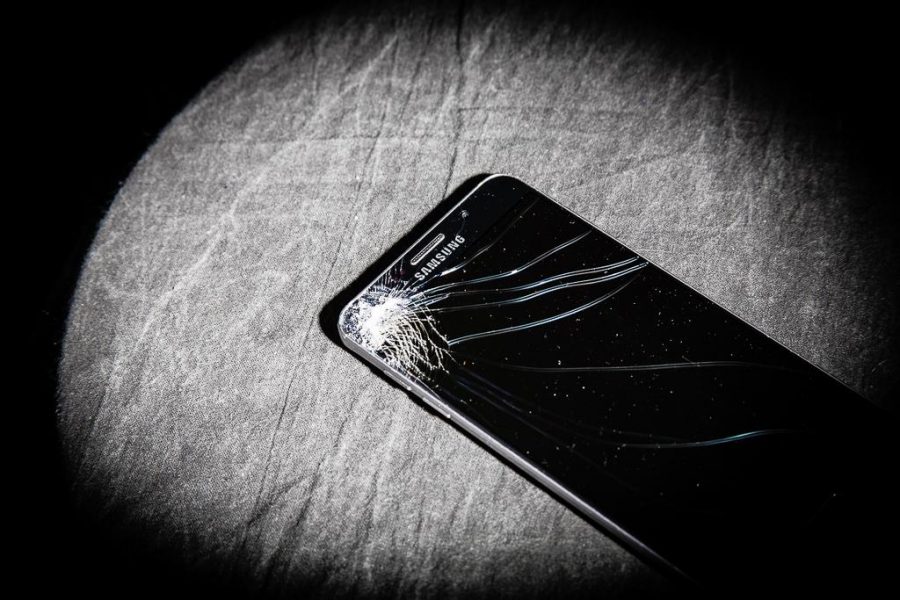If we can learn something from every technological mistake, then the highly-publicized failure of Samsung Note 7 phones, which are prone to catching on fire, should give us good cause to look back and assess. If the initial hit to their publicity wasn’t enough, Samsung’s re-release of the phone had to be stopped when it was discovered that even the replacements caught on fire. While it is of course easier to see what went wrong now that the phone is in limbo, Samsung’s failure seems to illustrate a simple lesson that often gets lost in the details: haste on safety is just as bad for the company as it is for the consumer.
Their quick and ultimately doomed re-issuing of the phone reminds us of the dangers of the simple solution. Noting that the fire issue only affected phones with batteries from a certain supplier, Samsung deduced that the battery was the cause and began helping customers trade in their Note 7s for new models with new batteries. This quick fix eventually came back to bite Samsung when they had to issue a second recall, telling customers that their new phones might still be fire hazards. The company still doesn’t know exactly what the problem is and public transit agencies like Amtrak have sought to keep the phones as far away as possible.
While the direct economic impacts of this failure were gigantic, it will be hard to predict how much this will cost Samsung in terms of its reputation. A hugely mishandled safety issue, especially one of such dramatic proportions, will make Samsung’s job difficult in the future. As the sales of expensive technology depends on consumers’ trust in the brand, a dip in confidence could undermine market share even more substantially than the direct material losses from the Note 7. People buy technology to make their lives easier, after all, and flaming phones are the last thing you want to think about when you consider getting a device made for convenience. There have already been polls suggesting that users are shaken and want to avoid Samsung when they shop for phones.
With the large role that trust and brand recognition play in the gadget industry, the Samsung debacle shows us why safety is just as important for the company as it is for the user. While in other markets a company might be able to make a mistake, fix it and get customers to forget it, when it comes to mobile phones and other electronics, mistakes like this can cause people to turn away long after the problem is fixed. The mobile phone market is competitive and people won’t settle for uncertainty when there are plenty of other options available. Rather than a mere setback, bungles like this can create a perception that is hard to shake.
These flaming phones should be a lesson to the next technology company that wants to hurry a product to market and fix the bugs later. Haste and quick solutions can cause lasting harm and band-aid solutions don’t always work with things as complicated as smartphones. Taking the time to ensure that everything is safe is the least a company can do to shield themselves from PR disasters like this. Hastening development gambles not only with short-term sales but also with long-term trust from consumers. Technology companies that do take the time to test their products are certainly rewarded, if only because they avoid seeing consumers’ phones turn into flaming messes.
As Samsung continues to make billions from the sales of other smartphones, including the (as-of-yet) fire-free Galaxy S7 and S7 Edge, we know Samsung’s cell phone division will live through this setback. If their delaying of Galaxy S8 development tells us anything, they may just have learned a lesson about the importance of taking the time to do things right. But, as is often the case after industry failures, we can only guess how long this care and attention to detail will last before the next debacle. If Samsung keeps up with this rigor before they release the Galaxy 8, they may just have learned this lesson the hard way.


